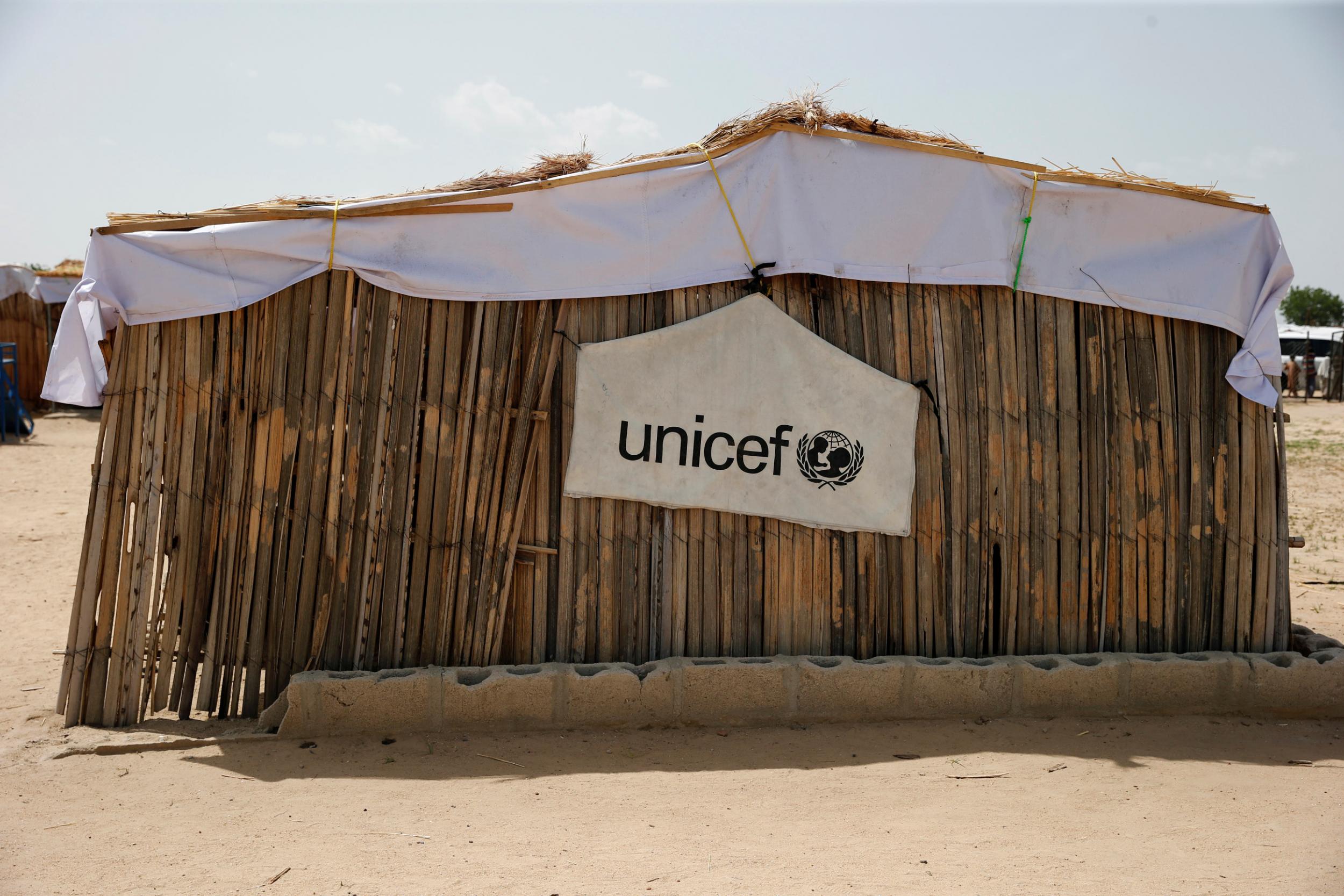Unicef turns to cryptocurrency mining to raise money for refugees
Thousands are already donating their computer's processing power

Your support helps us to tell the story
From reproductive rights to climate change to Big Tech, The Independent is on the ground when the story is developing. Whether it's investigating the financials of Elon Musk's pro-Trump PAC or producing our latest documentary, 'The A Word', which shines a light on the American women fighting for reproductive rights, we know how important it is to parse out the facts from the messaging.
At such a critical moment in US history, we need reporters on the ground. Your donation allows us to keep sending journalists to speak to both sides of the story.
The Independent is trusted by Americans across the entire political spectrum. And unlike many other quality news outlets, we choose not to lock Americans out of our reporting and analysis with paywalls. We believe quality journalism should be available to everyone, paid for by those who can afford it.
Your support makes all the difference.Unicef has launched a novel form of cashless fundraising by asking people to instead donate their computer’s processing power to mine cryptocurrency.
The Australian branch of the children’s charity set up a website called The Hopepage which gives visitors the option of donating between 20 per cent and 80 per cent of their computing power to generate units of the bitcoin rival monero.
“We wanted to leverage new emerging technologies to raise awareness about current humanitarian crises and raise funds to support children caught up in them,” said Jennifer Tierney, Unicef Australia’s director of fundraising.
All funds generated through the mining - the process of solving complicated puzzles to generate new units of the currency - will support the charity’s response to the Rohingya refugee crisis in Myanmar.
“Your web browser uses your computer’s processing power to solve cryptocurrency algorithms,” the crypto mining website explains. “The longer you stay on the page and the more processor power you donate, the more algorithms get solved, which earns cryptocurrency.
“The cryptocurrency is automatically donated to Unicef Australia and is turned into real funds that reach children through life-saving supplies like safe water, therapeutic food and vaccines.”
At the time of writing, more than 6,700 people were donating their processing power to Unicef Australia, with the proceeds going to help children in danger around the world.
“Just by being here, you’re helping supply water, food and vaccines to refugee children in Bangladesh,” The Hopepage states, once a computer has joined the mining network.
Cryptocurrency mining through people’s web browsers is an increasingly popular method of generating income, however it has caused controversy for the amount of power it consumes.
The torrenting site ThePirateBay was criticized by users after it secretly added mining software to its websites, however it has since ceased the operation.
Cyber criminals have also exploited the technology to hijack websites, with research earlier this year revealing that thousands of sites had been compromised by rogue code.
Among those affected was were websites belonging to NHS services, the Student Loans Company and the UK’s data protection watchdog.
Join our commenting forum
Join thought-provoking conversations, follow other Independent readers and see their replies
Comments